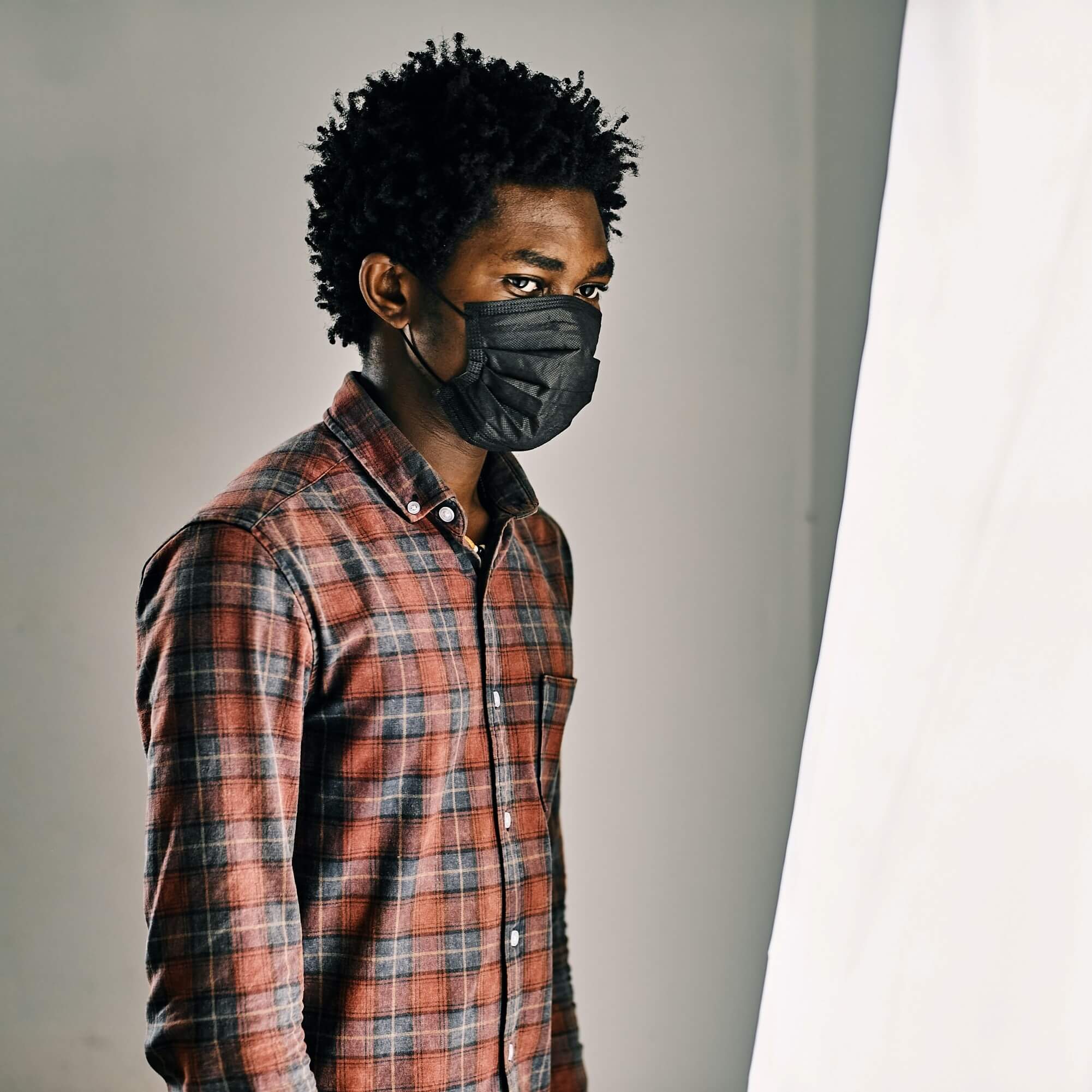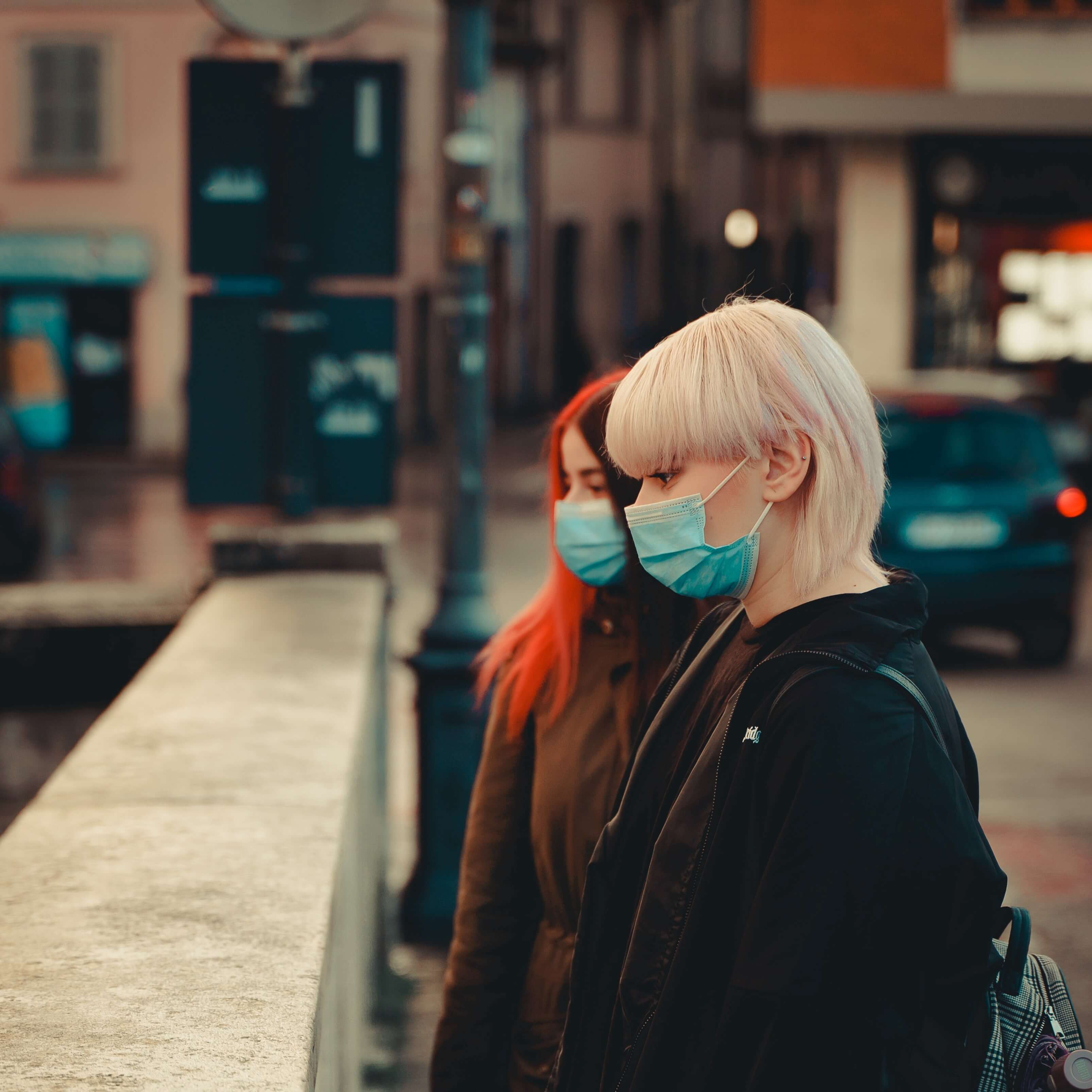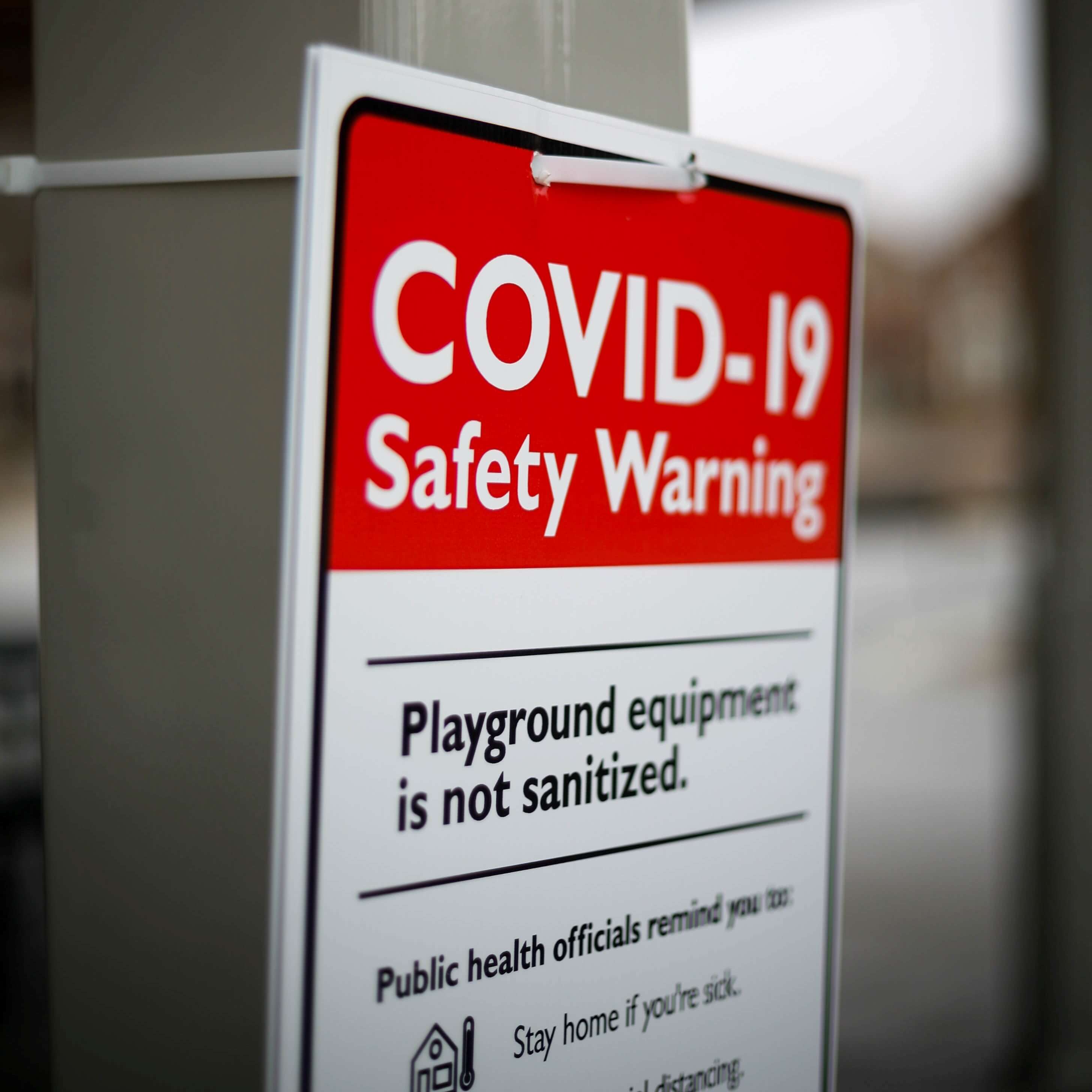
What Does Covid Fatigue Feel Like?
Do you feel sudden extreme fatigue during Covid-19? Do you lack the energy to do anything or feel like you need a nap all day? These are all signs of Covid-19 fatigue. Fatigue related to Covid-19 can be debilitating and cause a sudden drop in energy levels, making it hard to do basic tasks.
In this article, we will discuss how widespread fatigue is during Covid-19, what Covid fatigue feels like and how to cope with Covid fatigue. Additionally, we'll cover when it's better to see a doctor. So, come along!
How Widespread Is Fatigue During Covid-19?
Covid fatigue is a condition that has been on the rise since the start of the pandemic. It appears to have mild symptoms similar to those associated with COVID-19 but last longer and may sometimes linger even after infection. Many people ask, does Covid-19 make you tired? Or is tiredness a symptom of Covid-19?
Generally, this condition presents with mild malaise and physical exhaustion in people with mild COVID-19 or no symptoms at all; however, it can often become serious for those suffering from respiratory distress syndrome or other long-term symptoms of coronavirus disease.
It is estimated that up to 80% of all people with Covid-19 experience fatigue at some point during their illness. The World Health Organization lists this symptom as one of the main symptoms that can last for weeks after viral infections. The Centre for Disease Control and Prevention (CDC) notes that fatigue can be severe enough to interfere with daily activities. Experts also found that long-term fatigue is common in Covid-19 survivors. One study reported that more than half of patients continue to have fatigue six months after their initial diagnosis.
What Does Covid Fatigue Feel Like?

Fatigue or tiredness during Covid-19 has been described as a sudden and profound drop in energy, an inability to focus or concentrate, and an overwhelming feeling of exhaustion that does not dissipate with rest. People often describe it as feeling like they have been hit by a truck.
It can be hard to tell the difference between Covid-19 related fatigue and regular one. The main difference is that Covid-19 fatigue does not go away with rest, whereas regular fatigue does. Also, people often report feeling worse in the morning than at night.
Symptoms of coronavirus disease fatigue include:
- Loss of energy
- Inability to focus or concentrate
- Feeling like they have been hit by a truck
- Worsening in the morning after waking up
- Difficulty doing basic tasks
- Feeling tired even after sleeping
- Difficulty getting out of bed
- Muscle pain and joint pain
- Headache.
How to Cope with Covid Fatigue?
Covid fatigue is a real problem that can significantly impact your quality of life. Fortunately, there are steps you can take to help manage it.
If your Flowflex rapid test comes out positive, there are a few things to do to get your life back.
The first step is to recognize this is a serious condition and start taking steps to manage it. The following are some tips for managing Covid fatigue:
- Get plenty of rest: Sleep 7-8 hours per night, and take naps during the day if you need them.
- Eat healthy food: Eat a balanced diet and ensure you get the necessary nutrients.
- Exercise: Try to incorporate light exercise into your daily routine to boost energy levels.
- Manage stress: Stress can worsen fatigue, so make sure you are taking time for yourself and doing activities that reduce stress.
- Talk to your doctor: If fatigue does not improve with these lifestyle changes, talk to your doctor about possible medications or treatments that can help.
When Is It Better to See a Doctor?
If you are experiencing extreme fatigue that does not go away with rest, it is important to see a doctor. They can rule out other causes of fatigue and ensure you get the treatment you need. For instance, chest pain should be taken seriously and seen by a healthcare professional. Other signs include loss of smell or an unusually altered sense of smell which has the potential to indicate something more serious than allergies.
Additionally, suppose you come into contact with an infected person. In that case, it's best to visit the doctor as soon as possible since person-to-person contacts are one of the main transmission routes for viruses and diseases. Your doctor may also recommend lifestyle changes or medications to help manage your fatigue.
See a doctor when:
- Your fatigue does not improve with rest.
- You experience sudden and extreme fatigue.
- You experience other symptoms, such as headache or muscle aches.
- Your fatigue does not improve with lifestyle changes.
Conclusion
As you can see, one of the primary symptoms of coronavirus disease is fatigue. It can be tough to cope with, and sometimes it's hard to know when to see a doctor. Given how widespread fatigue is during the Covid-19 pandemic, it's important to be kind to yourself and give yourself time to rest. Remember, you can buy Healgen testing kits to check your status instantly since this test is considered the best lateral flow test to buy.
By understanding what Covid fatigue is and how to deal with it, you can help yourself feel healthier. These tips should help you start feeling better and managing your Covid fatigue. Good luck!



